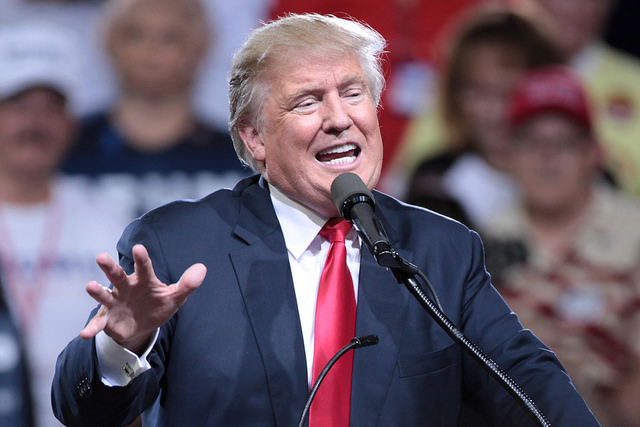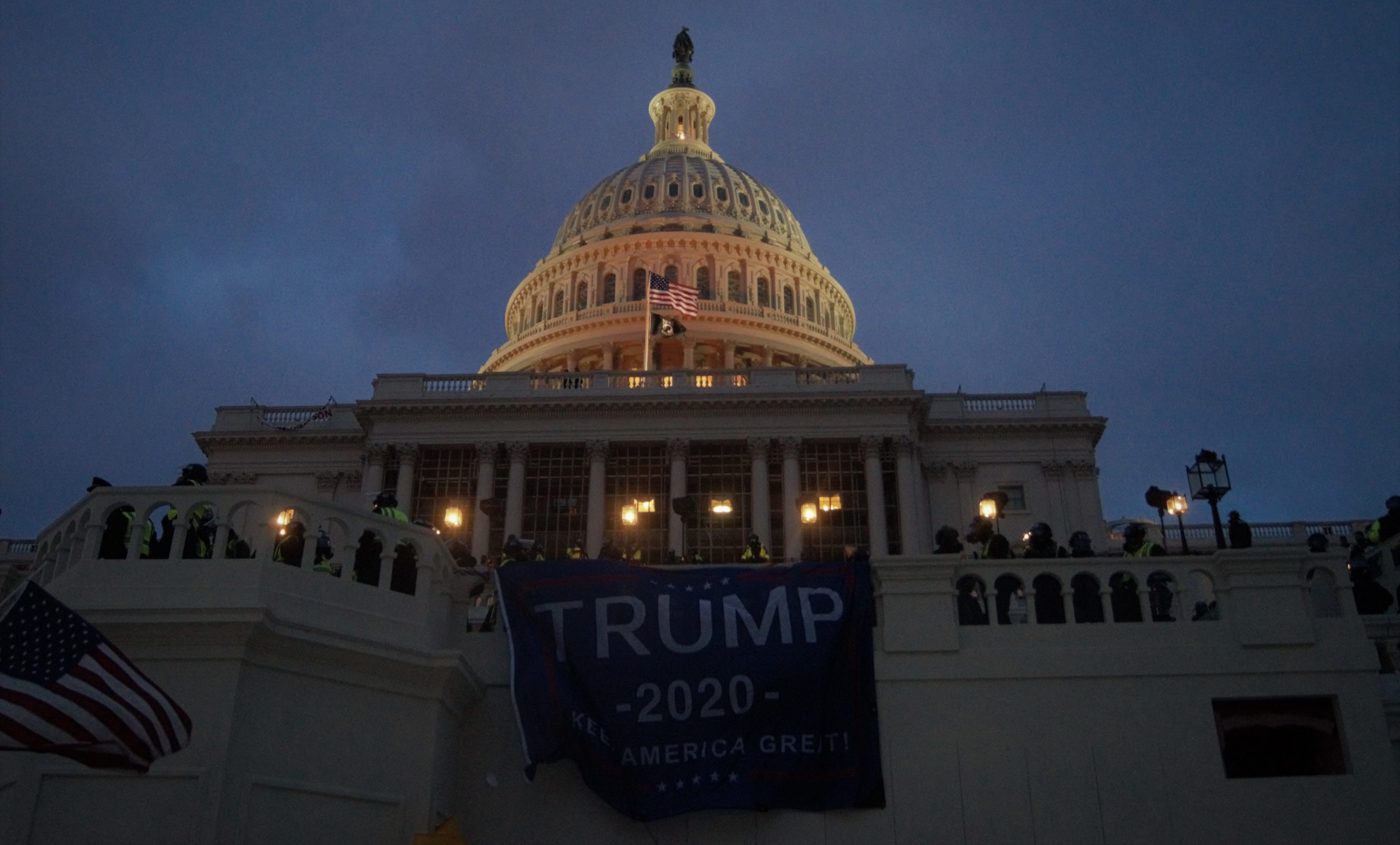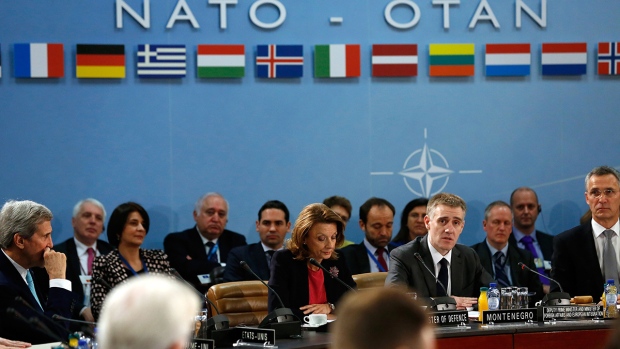Daniel Jung – Program Editor, Society, Culture, and International Relations
South Korea:
With President Trump’s visit to East Asia, the complicated puzzle that is “East Asia” is about to receive another piece. How will President Trump’s visit change the dynamics of this puzzle? East Asia is a place where the remnants of the Cold War still define the political, military, and ideological boundaries between states. Nowhere is this more visible than the 38th parallel dividing the two Koreas, and the strait dividing Taiwan with the People’s Republic of China. On November 7th Trump will be less than 200km away from one of these potential war zones, with his planned visit to Camp Humphreys in South Korea.
Other than the possibility of military confrontation with North Korea, one item of discussion which could significantly alter the fate of the two Koreas and the US is the Free trade agreement between the United States of America and the Republic of Korea (KORUS FTA), established in 2007. This trade agreement had been one of the most decisive ones in the ROK. While the well-established electronic and shipbuilding giants saw it as a chance to increase their export profits, farmers and fishermen were worried that their produce would be overrun by cheaper American imports. Particularly, the opposition against this FTA was unusually strong because much of the population was worried that the American the Food and Drug Administration’s regulations on beef were much more relaxed compared to the regulations in Korea. The fact that Mad Cow Disease was already infamous in Korea before 2007 fuelled criticism against the FTA. Under pressure by the American beef industry and their government, the South Korean government decided to allow the import of American beef without addressing the public concern for safety.
The tables have now turned, as American companies are losing their domestic home appliance market to Korean products. Such a reality explains why President Trump has been vocal about renegotiating the KORUS FTA.
Although the possibility of military confrontation with North Korea receives more media attention, behind this possibility there are set policies between the two governments which the officials of both countries have the power to manage. Only by implementing mutually beneficial policies can these two powers reduce the possibility of confrontation with North Korea.
Nancy Qin – Program Editor, NATO’s Arc of Crisis
Japan:
Mr. Trump will be visiting Japan from November 5 to November 7 as part of his tour of Asia. Articles from the CNN, The Guardian, and the Quartz have all noted the strong personal relationship between Mr. Trump and Prime Minister Abe.
The most pressing matter the two have on their hands is likely to be the threat of North Korea. North Korea launched numerous missiles earlier this year, sparking wide condemnation from the international community, especially Japan. To this end, Japan has once again rekindled the idea of acquiring nuclear arms in response to the threat of North Korea. As both Prime Minister Abe and Mr. Trump value military rather than diplomatic responses to the ongoing threat from North Korea, the two will likely converse about an united response, be it condemnation or otherwise, if the North Korean threat escalates. Mr. Trump has also confirmed he will be meeting with family members of Megumi Yokota, abducted by North Korean agents in 1977. Mr. Trump will likely use this meeting to highlight the irrationality of the North Korean government, thereby adding another reason to his narrative that a military response is necessary to counter the nuclear threat from North Korea.
Daniel Morales – Program Editor, International Business and Economics
Vietnam:
Perhaps one of the most uncertain of Trump’s Asian stops, Vietnam will prove to be an inflection point for this administration’s economic relations with the region. Having scrapped the TPP deal just a day after taking office, while in Vietnam Trump will face 12 former partners out of the 21 countries that make up the Asia Pacific Economic Cooperation (APEC). They will be looking to understand what the new “America First” policy will mean in a region that wants to boost free trade.
Trump’s meeting with Vietnam’s president, Trần Đại Quang, will attempt to strengthen economic and security relations between the two countries. In the face of territorial disputes in the South China Sea, Trump will have to balance the plausible security benefits that it can provide to Vietnam while acknowledging the economic concerns left after exiting the TPP. In turn, Vietnam will try to gain as many economic benefits as possible from what has become an unreliable partner that is looking at India to take the leading role against Chinese economic might.
In addition, the probable one-on-one meeting with Putin that could take place during the APEC summit will add more fuel to the domestic inquiries into Russian meddling in the recent presidential elections. Trump will most likely seek to reconcile his position with Russia, however a rapprochement at this time would prove counterproductive on the domestic front.
The APEC meeting will be a measure of the US’s weight in the region in times of an inward-looking policy. Moreover, the bilateral Vietnamese-US meetings will provide insight into the relations of these two countries in the upcoming future.
Edward Tat – Program Editor, Emerging Security
China:
Playing along with the logic of “The Art of the Deal”, it seems that President Donald J. Trump is in a classic position of weakness entering the proverbial boardroom with President Xi Jinping and their respective partners. Xi has leverage over Trump, rather than vice versa, due to the latter’s need to address a cavalier North Korea and the “horrible” trade deficit. Despite the “lionizing” of Xi by @realDonaldTrump, very little is expected to be accomplished in private negotiations other than the obligatory ego-lifting photo ops.
If Trump has any hope that China will play ball over North Korean sanctions, it will be dashed by the reality – or at least the Communist Party’s perceived reality – that Beijing has little control over the Hermit Kingdom and its nuclear capacity. As for trade talks, Xi has no incentive whatsoever to negotiate for anything that does not also benefit China in some way, shape, or form. If “The Negotiator” really wanted to live up to his title, he would seek those economic policies that offer mutual benefit. Though don’t keep your hopes up.
As for Xi’s side of the table, maintaining the status quo is the best option. Waiting for his American counterpart to embarrass himself on his own is even better. As long as human rights issues and democratic reform aren’t brought up by Trump – and it would be a complete shock if it was – then Xi can comfortably sit back and enjoy the ride and, of course, the ravenous handshake.
Benjamin Mussett – Program Editor, Canada’s NATO
Phillipines:
As part of this week’s trip to Asia, President Trump will meet with Filipino President Rodrigo Duterte, someone with whom Trump is already said to have a “warm rapport.” Such a friendly relationship — something the impudent US president does not share with many world leaders — is fairly understandable considering the pair’s similarities. President Duterte is a brash strongman who emphasizes so-called “law and order” while, at the same time, undermining the rule of law itself. President Trump, on the other hand, wishes he could be all of these things, but is mostly hampered by his country’s pesky checks and balances.
Strictly considering the strategic partnership between the US and the Philippines, Trump and Duterte’s bromance could be seen as a good thing. The Philippines, long regarded as one of America’s most important allies in South East Asia, has recently drifted further toward China under Duterte’s rule. But, even if Trump does hit it off in his first in-person meeting with the Filipino president, this probably won’t translate into much for the US. Duterte has made it clear he doesn’t trust or see a friend in America. He announced his country’s “separation” from the US in a visit to Beijing last year. Moreover, despite boasting about his superb negotiating skills, President Trump has actually proven himself to be a pretty ineffective political playmaker in his first year in office. The US president has also appeared easily charmed in previous meetings with strongmen leaders.
Whatever the case, Trump will most certainly lavish Duterte with praise for his “tough guy” policies. Expect the US president to once again commend his Filipino counterpart for his brutal war on the Filipino drug trade, a lawless undertaking that has already led to more than 7,000 extrajudicial assassinations. Apparently human rights abuses no longer represent a concern for American presidents in 2017.
Photo: Trump campaigning in 2016 by Gage Skidmore. Photo in public domain.
Disclaimer: Any views or opinions expressed in articles are solely those of the authors and do not necessarily represent the views of the NATO Association of Canada.




